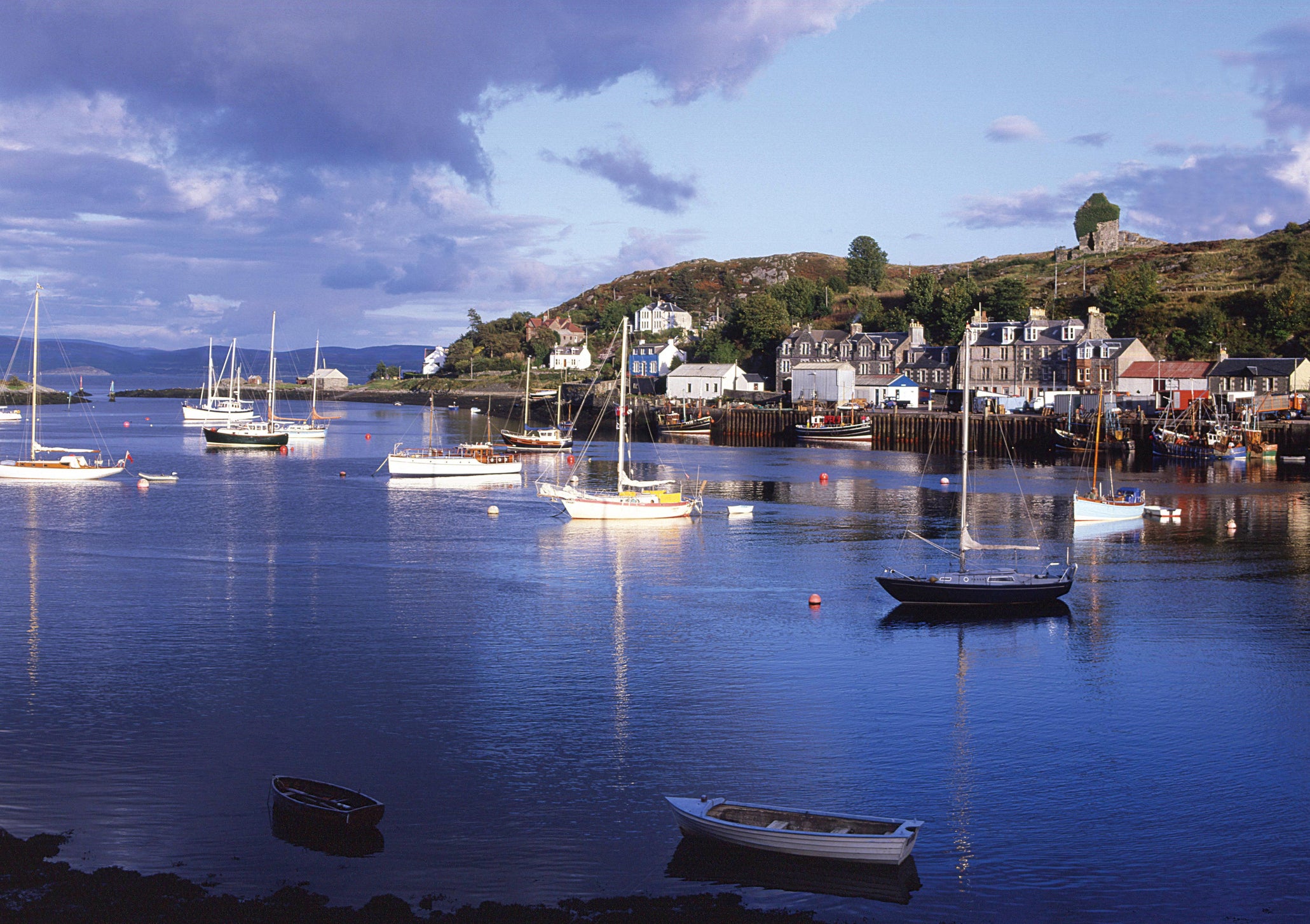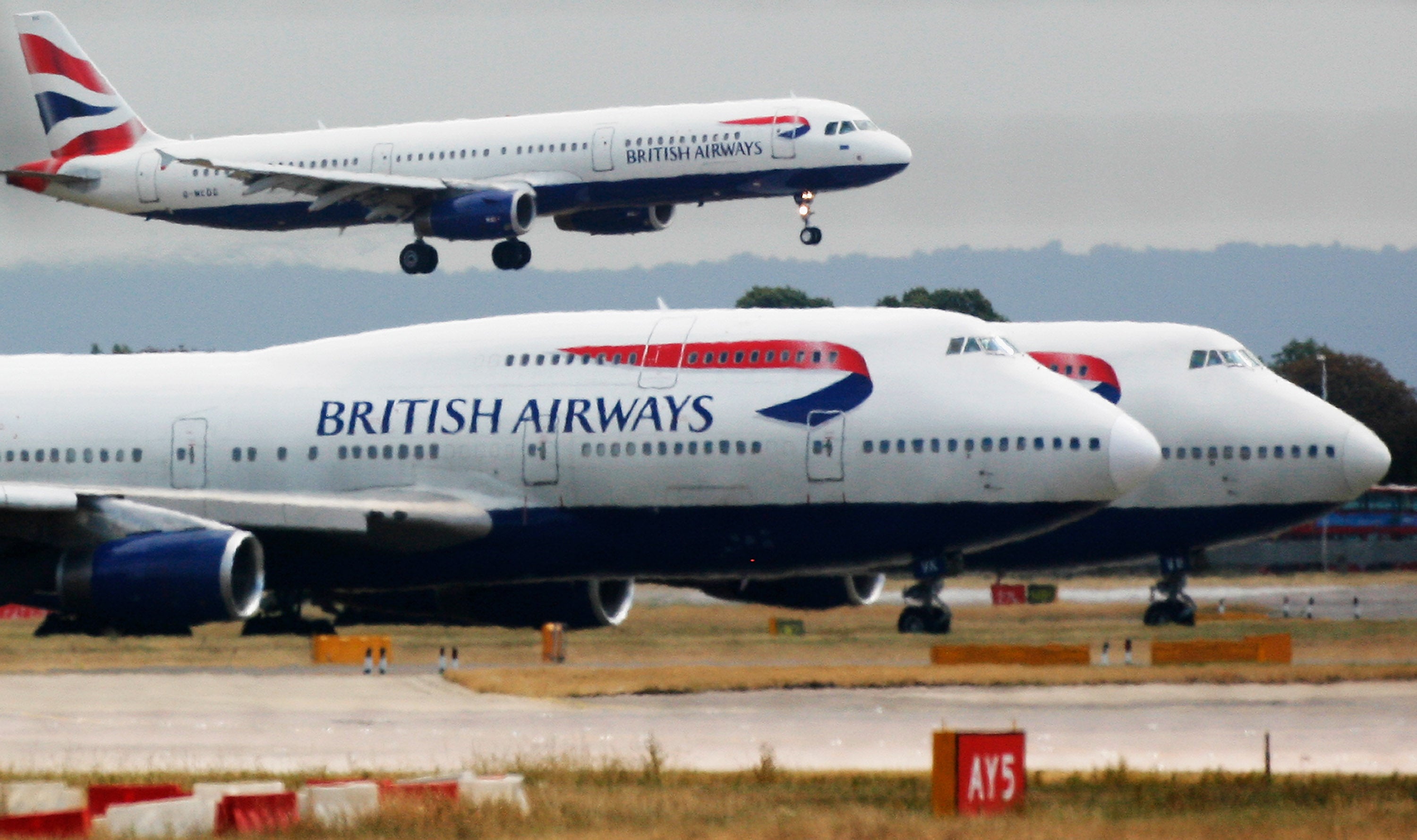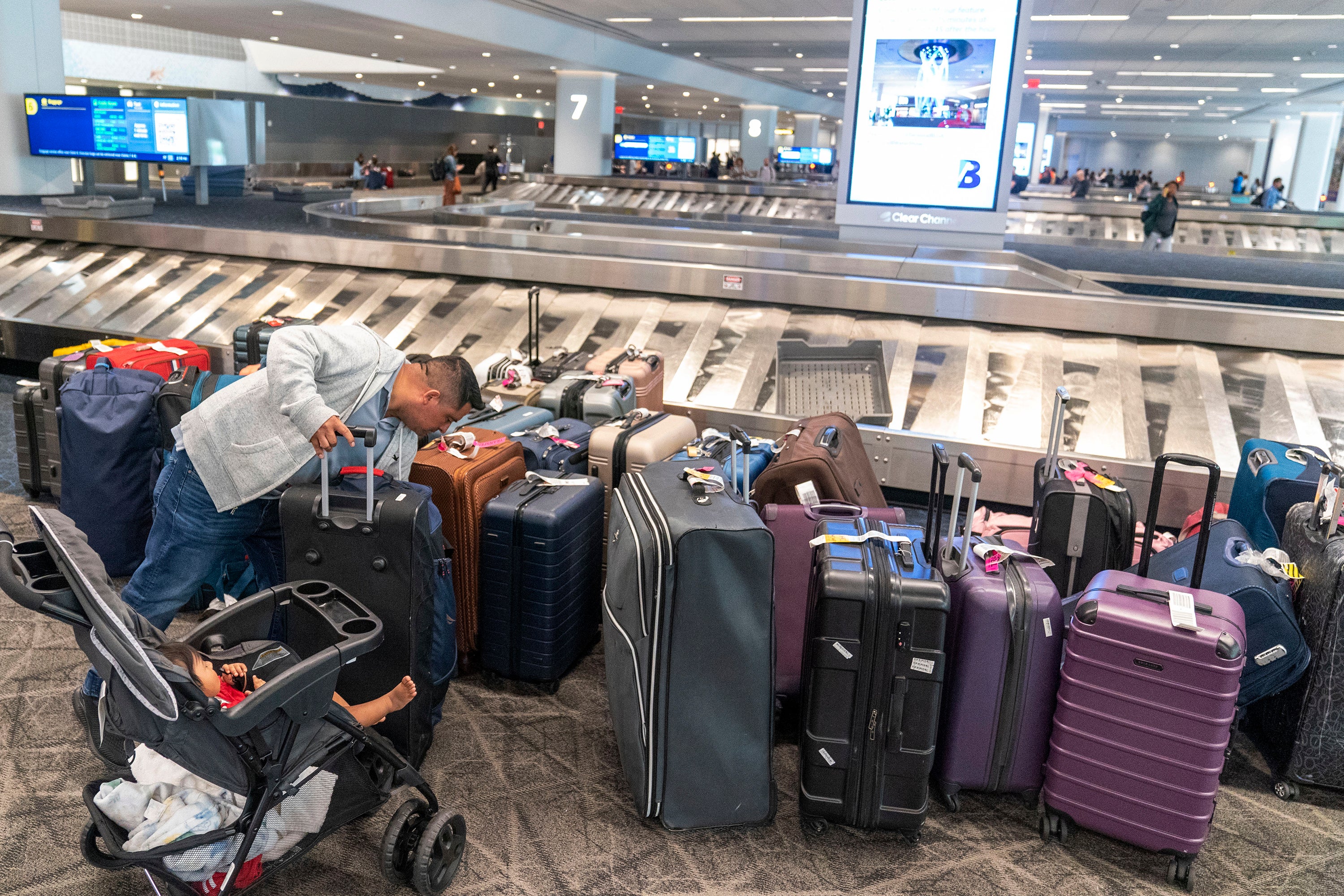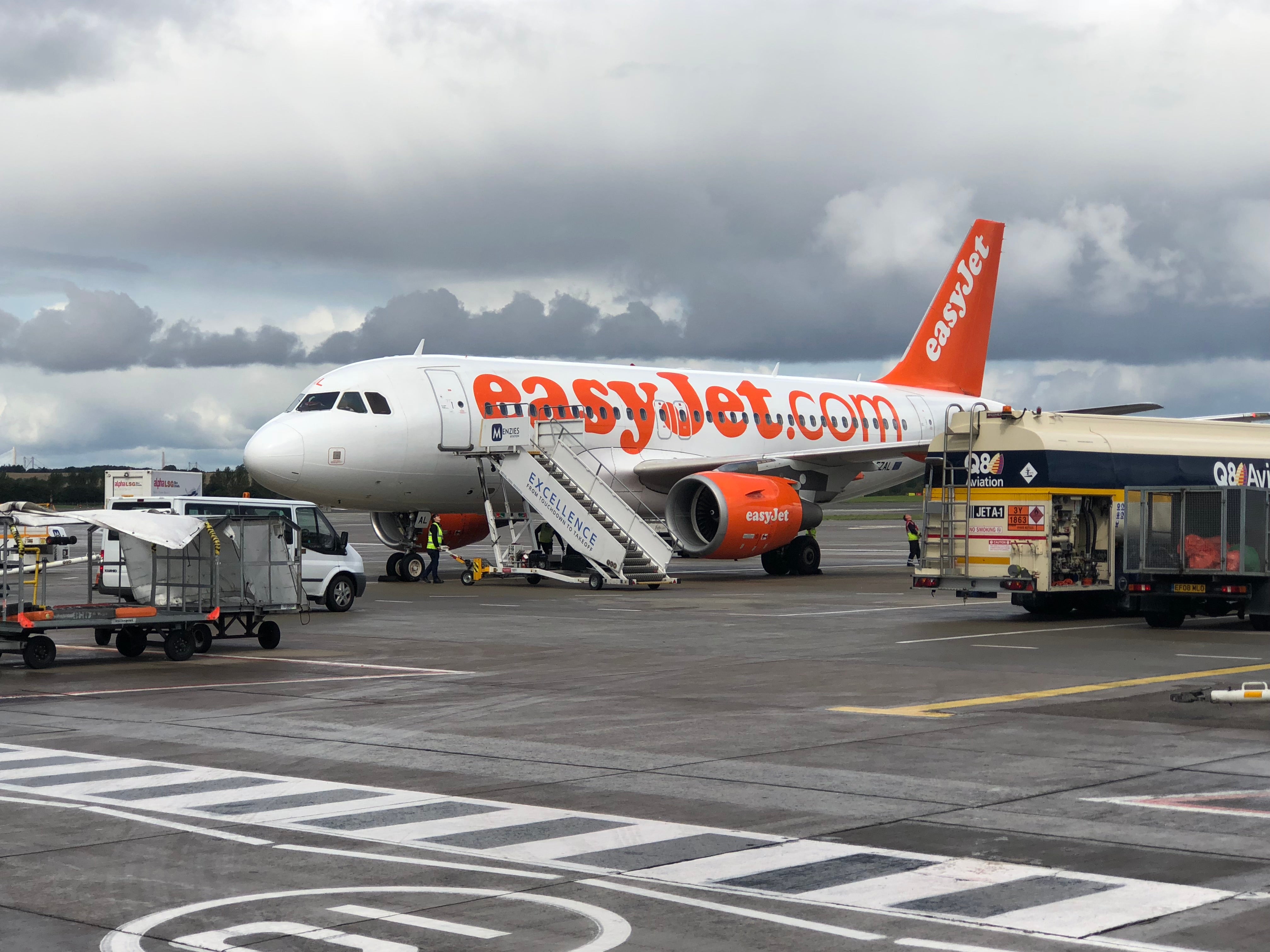Why is there no Northern Ireland to Kintyre ferry?
Simon Calder looks at a missing ferry link, Atol protection and a carousel issue


Q Why is there no ferry service between Northern Ireland and Kintyre? It seems an obvious link, to me. It would allow a journey to be constructed through the west of the UK that allows Scotland to be easily combined with Northern Ireland. Imagine an itinerary that included Titanic Belfast, the Giant’s Causeway, Derry and the Western Isles. Londonderry to Islay or Campbeltown would be ideal candidates.
Mark Ogilvie
A The distance between the Antrim coast of Northern Ireland and the southern tip of the Kintyre peninsula in western Scotland is only 12 miles at its closest. But all ferries from Northern Ireland to Scotland currently serve Cairnryan in the far southwest. The road journey from Cairnryan to the Kintyre peninsula takes many hours.
A ferry connection of the kind you suggest would make access much easier – and indeed, from April to October there is such a link. A 12-seater, passenger-only fast ferry sails from the port of Ballycastle in Northern Ireland to Campbeltown, the main port in southern Kintyre, as well as Port Ellen on the island of Islay. I have made the journey to Islay, and it is a superb experience; the one-way fare of £45 reflects the high cost of the link. At present bookings for 2024 are not yet open. Islay is something of a dead end for travel links, and I flew out to Glasgow on Loganair.
A car ferry to Kintyre would be even better, and once again I have been lucky enough to sail on one. Briefly, in the late 1990s, Caledonian MacBrayne sailed from Ballycastle to Campbeltown, enabling drivers to combine two fabulous parts of the United Kingdom. But even though it was the sort of route that the European Union might support, this did not happen and the link closed after a couple of seasons.
I hope it will return soon. But CalMac’s fleet is in disarray and the line is facing very serious difficulties running its current schedule. So I fear we will be waiting a while.

Q If my flight is cancelled due to it being unsafe to go to the destination, am I covered by Atol protection?
Wendy T
A In short: no, but you have sufficient consumer protection. I will explain that in a moment. First, though, your question provides a good opportunity to explain what Atol is – and more importantly what it isn’t. The Air Travel Organisers’ Licensing scheme (Atol) came into effect 50 years ago. It was a response to high-profile bankruptcies of holiday companies, which left hundreds of thousands of families out of pocket.
Booking a holiday isn’t like most purchases; you pay a large amount of money weeks or months ahead, and take delivery only when you turn up at the airport and fly out to your holiday destination. During the intervening time, the holiday company that has your money might go out of business. Atol is basically an insurance scheme for the value of your holiday. The premium paid is a flat £2.50 fee. The contributions go into a fund that occasionally has to pay out – most notably in 2019 when the travel giant Thomas Cook collapsed.
Atol protection applies overwhelmingly to package holidays, ie when you buy a flight plus accommodation at the same time from the same firm. Some flight-only arrangements are covered by Atol, but this is relatively rare.
In the event that a flight is cancelled for any reason apart from the airline going bust, the airline is required to refund you in full within a week. It must repay you in cash, unless you agree to accept a voucher – which you should do only if there is some kind of incentive (typically a 20-40 per cent uplift in value) that appeals to you. You can instead choose to take another flight that meets your needs, though if the destination is unsafe that is an unlikely choice.
If the airline does go out of business, your first call will be with the card provider. If you pay with a credit card for travel products over £100 you automatically get protection, and for lower fares and/or those bought with a debit card you can ask for a refund under the voluntary “chargeback” policy.

Q Ten days ago, my wife and I arrived at Manchester airport after a long journey from Melbourne, Australia, via Doha in Qatar. Unfortunately, on arrival at Manchester, my wife mistakenly took an identical suitcase from the carousel. I received a telephone call to say that she had taken the wrong piece of luggage. This was corrected within 15 minutes, and both parties had their correct suitcases returned – only for us to be told that there was a fine of £25 for taking the wrong piece of luggage.
I find it hard to accept that we did the correct thing and were still fined £25. I would like to give the £25 to charity rather than to Manchester airport. Do you think this is fair?
Stuart W
A How easy it is to walk away with someone else’s baggage after a long and arduous flight. I have a fetching swathe of bright yellow ribbon tied to my luggage so that, on the rare occasion when I check something in, I can instantly identify it. Conversely, other people with similar-looking baggage are unlikely to walk off inadvertently with my kit.
Many times a day, though, passengers will mistakenly pick up a bag and wearily take it out through customs – and in many instances, home – before they realise they have blundered. There is typically another passenger waiting at the airport, aware that the case making lonely circuits on the carousel is not theirs.
Often they will not realise that their baggage has been mistakenly picked up and will file a property irregularity report to notify the airline of the loss. The airline, in turn, will generally respond by providing proof that the luggage was flown and delivered to the carousel. By this time, the passenger who took the baggage is likely to have noticed, and the difficult and cumbersome process of returning and switching the bags begins.
Your experience was different – impressively so, in my opinion. Someone at the ground handler, Global Baggage Solutions, realised what had happened, checked the label on your baggage (which presumably had your mobile number on it, wisely) and called you. As you were still in the airport, this saved an enormous amount of trouble for everyone. The standard administration fee is £25, which in your position I would be happy to pay.

Q I was on the delayed easyJet flight from Edinburgh to Belfast on Wednesday afternoon. It departed and arrived well over two hours late. Refreshments were not offered. I challenged a senior cabin crew member about this and was told they were not allowed to announce complimentary service. Is this correct?
Phil R
A Flight delays can be all the more annoying on a short flight. According to information provided by easyJet, this 50-minute hop between the capitals of Scotland and Northern Ireland was two hours and 25 minutes late departing and arriving.
The initial one-hour delay, passengers were told, was due to bad weather. The airline stressed: “The disruption to your flight is outside of our control and is considered to be an extraordinary circumstance.” That was to rebut any compensation claims – which are normally due for delays in arrival of three hours or more. This was immaterial, since you were more than half an hour below that figure.The initial one-hour delay, passengers were told, was due to bad weather
Passengers were boarded. But then, according to easyJet, “a technical issue that needs to be inspected by our engineers” added to the wait. European air passengers’ rights rules specify that “meals and refreshments in a reasonable relation to the waiting time” should be served for delays of two hours or more on flights of 1,500km or less; yours was just 230km.
Crucially, though: this is due only “when an operating air carrier reasonably expects a flight to be delayed beyond its scheduled time of departure for two hours or more”. The assumption is that passengers will be fed and watered in the airport terminal, not on board the plane. Faults that occur when everyone is strapped in and ready to go are not to be expected, and easyJet can accordingly reject a request.
Ideally, the airline would offer loyal passengers a drink because of the delay, but strictly according to the rules easyJet was not obliged to provide any refreshments.
Email your question to s@hols.tv or tweet @simoncalder






Join our commenting forum
Join thought-provoking conversations, follow other Independent readers and see their replies
Comments